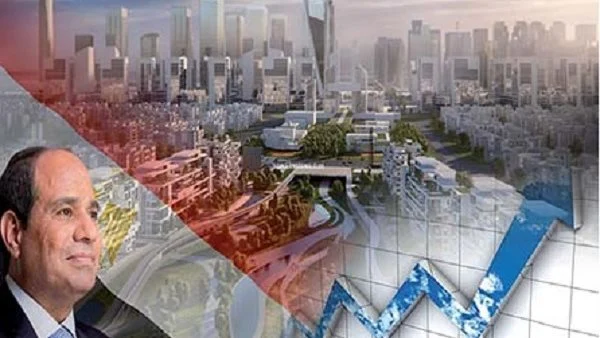Egypt’s sustainable development and real economic reform rely on the turning of this nation into an export-driven economy through industrialisation. Located at the juncture of three continents – Europe, Asia and Africa – Egypt has the potential to become a global hub for industrialisation and trade.
Therefore, one of the toughest challenges facing the Egyptian government will be industrialisation, which is a must to increase exports in the long run. Exports of finished products are of high value added for the economy as a whole. Industrialization mobilises the nation’s economic resources, particularly labor and capital.
The industrial sector is a top priority in Egypt’s economic reforms to achieve the country’s sustainability goals. The ultimate goal is to scale up the value added of local production, create jobs and increase the industry’s contribution to gross domestic product (GDP).
Industrialisation has been the mainstay of exports in a number of developing countries such as China, Singapore, Malaysia, Taiwan, South Korea and Indonesia.
The government should adopt a full-fledged programme for industrial modernisation as the process of growth and development necessarily involves the replacement of outdated production methods with new technologies, the creation of new products, the opening of new markets, and the discovery of new applications for existing products.
Crucial component
Industrialisation is a crucial component of economic development for any nation. It refers to the process of transforming an economy from primarily agricultural and rural to one based on manufacturing and industry. This shift is essential for a country’s overall growth and prosperity, as it brings about numerous benefits that contribute to the advancement of its economy.
Industrialisation leads to increased productivity and efficiency in production processes. With the introduction of new technologies and machinery, industries can produce goods at a faster rate and with higher quality. This not only meets domestic demand but also allows for surplus goods to be exported, leading to increased revenue for the country.
It plays a vital role in economic development by creating employment opportunities, increasing productivity and efficiency, promoting innovation and technological advancements, developing infrastructure, and diversifying an economy’s base.
Industrial zones
The transformation of industrial zones into residential communities is essential. In order to encourage the relocation of workers, housing should be provided in these remote areas. At the same time, there should be a flexible mechanism that makes it easy for investors to get industrial land and permits.
Industrial and residential communities can be created simultaneously in large-scale special economic zones.
The industry is one of the leading sectors in the advancement of development thanks to its strong networking links with numerous production and service sectors. Industrial complexes are part of a comprehensive strategy to ensure industrial integration between large and small plants to improve product quality and increase output.
Definitely, Egypt’s sustainable development and real economic reform rely on the turning of this nation into an export-driven economy through industrialisation, which mobilises the nation’s economic resources, particularly labor and capital.
Exports of finished products are of high added value for the economy as a whole. Taking advantage of a devalued currency versus the US dollar, Egypt is tipped to boost economic co-operation, joint investment and trade with leading industrial entities like the United States, China, Japan and the European Union.
A depreciated currency may help Egypt embark on a long-term strategy for an export-driven economy, banking on its unique geographical location. Special economic zones (SEZs) are seen as the best instrument to lure investments into industrialisation.
China has built its economic arsenal on integrated industrial cities, where labor lives and works. The World Bank differentiates between two types of economic zones: the export processing zones, or free zones, and the large-scale special economic zones, which usually combine residential and multi-use commercial and industrial activity.
The government, the private sector, and all parties concerned should work together to establish large-scale special economic zones across the country.




